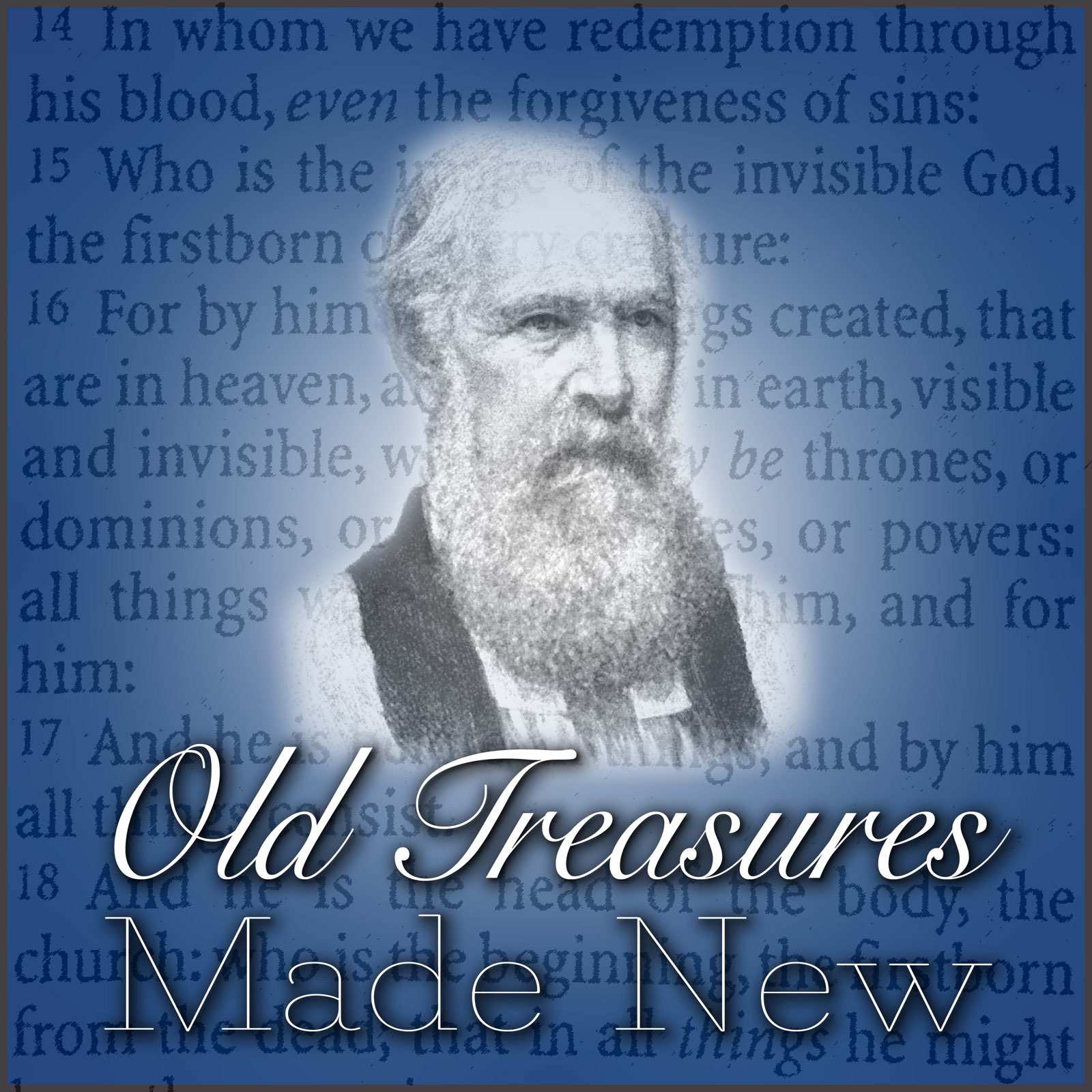Episode 390
John 15:1-6
John 15:1-6
- We are meant to learn that the union between Christ and believers is very close.
- We are meant to learn that there are false Christians as well as true ones.
- We are meant to learn that the fruit of the Spirit is the only satisfactory evidence of someone being a true Christian.
- We are meant to learn that God will often increase the holiness of true Christians by His providential dealings with them.
"In themselves believers have no life, strength or spiritual power. All that they have of vital faith comes from Christ. They are what they are, feel what they feel and do what they do because they draw out of Jesus a continual supply of grace, help and ability."
"There are many professing Christians in every church whose union with Christ is only outward and formal. Some of them are joined to Christ by baptism and church membership. Some of them go even further than this, and are regular communicants and loud talkers about Christianity. But they all lack the one thing needed: notwithstanding services, sermons and sacrament, they have no grace in their hearts, no faith, no inward work of the Holy Spirit."
"Where there is no fruit of the Spirit to be seen there is no living faith in the heart. The Spirit of Life in Christ Jesus will always make Himself known in the daily conduct of those in whom He dwells."
"Trial, to speak plainly, is the instrument by which our Father in heaven makes Christians more holy. By trial He calls out their passive graces and proves whether they can suffer His will as well as do it. By trial He weans them from the world, draws them to Christ, drives them to the Bible and prayer, shows them their own hearts and makes them humble. This is the process by which He prunes them and makes them more fruitful."
Questions:
- Jesus declares that He is the vine and believers are the branches. Ryle points out that there is no closer relationship conceivable than the union believers have with Jesus, just like a branch has with the vine. The believer has no life, strength, or spiritual power to do anything and all comes from Christ. How does this change how you think of time in the Word and prayer?
- Jesus declares that there are branches that do not bear fruit. Ryle points out that there are those whose union with Christ is only outward and formal...by baptism and church membership but not in Spirit and truth. Are we content with people seeing us as Christians without the substance? How do the warnings of being cast into the fire affect our hearts?
- Jesus declares that whoever abides in him will bear much fruit. Ryle points out that fruit is shown in repentance toward God, faith toward our Lord Jesus Christ and holiness of life and conduct. Fruit is the truest evidence of belonging to Christ. Now, while it is good for us to ask ourselves what kind of fruit God is producing in our lives, it is equally helpful to ask what fruit others who know us well see in our lives too.
- Jesus declares that His Father prunes the branches that bear fruit. Ryle points out that this pruning is God's providential working of trials into our lives which, when seen rightly, make us holy. Hebrews 12 tells us to endure suffering as discipline from our heavenly Father, without which we are not true children. How do we respond to the trials God brings into our lives? Does it produce in us grumbling and complaining, or, by God's grace, does it produce a spirit of endurance and trust?


